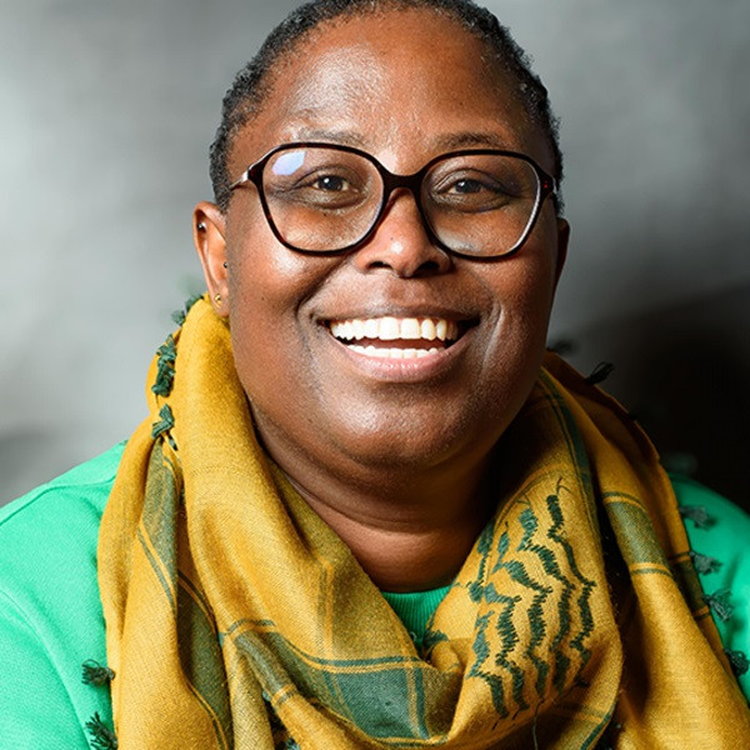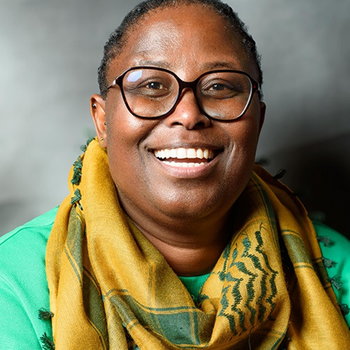
30 Minutes Talk show with Dr Nonhlanhla Hlongwane From IEC Topic Civic Voter Education Campaign.
Loading player...
The adoption of both the Interim Constitution of the Republic of South Africa in 1993 and the final Constitution of the Republic of South Africa in 1996 has been a major milestone in achieving freedom in South Africa and in establishing a democratic state founded on principles such as the supremacy of the Constitution and the of rule of law.
The Constitution has ensured that South Africa continues to develop as a constitutional state, that is, one where political power is restricted in various ways and in which the Constitution serves as the golden standard for the legitimate exercise of public power.
The separation of powers is one such restriction and is a means to ensure protection of rights by way of the distribution of political power between different institutions and persons. The idea is that good governance is more likely when political power is distributed to various actors as opposed to being concentrated in one person. The objective is to prevent the abuse of political power. Under this principle, specific functions, duties and responsibilities are allocated to different institutions with specific areas of jurisdiction.
In South Africa, broadly speaking, this has led to a separation of public powers between the legislature (concerned with the making of laws), the executive (concerned with the application and execution of laws) and the judiciary (concerned with the resolution of disputes). However, it is important to note that the separation of powers is not absolute in South Africa. Instead, the powers, functions and institutions of the three branches of government are inter-related. Thus, the exercise of core functions of one branch may be subject to limitations, checks and balances exercised by another branch.
Governmental structures in South Africa are established by the Constitution. The Constitution provides for the establishment of three spheres of government, namely national, provincial and local which, although distinct, are also inter-depende
The Constitution has ensured that South Africa continues to develop as a constitutional state, that is, one where political power is restricted in various ways and in which the Constitution serves as the golden standard for the legitimate exercise of public power.
The separation of powers is one such restriction and is a means to ensure protection of rights by way of the distribution of political power between different institutions and persons. The idea is that good governance is more likely when political power is distributed to various actors as opposed to being concentrated in one person. The objective is to prevent the abuse of political power. Under this principle, specific functions, duties and responsibilities are allocated to different institutions with specific areas of jurisdiction.
In South Africa, broadly speaking, this has led to a separation of public powers between the legislature (concerned with the making of laws), the executive (concerned with the application and execution of laws) and the judiciary (concerned with the resolution of disputes). However, it is important to note that the separation of powers is not absolute in South Africa. Instead, the powers, functions and institutions of the three branches of government are inter-related. Thus, the exercise of core functions of one branch may be subject to limitations, checks and balances exercised by another branch.
Governmental structures in South Africa are established by the Constitution. The Constitution provides for the establishment of three spheres of government, namely national, provincial and local which, although distinct, are also inter-depende

